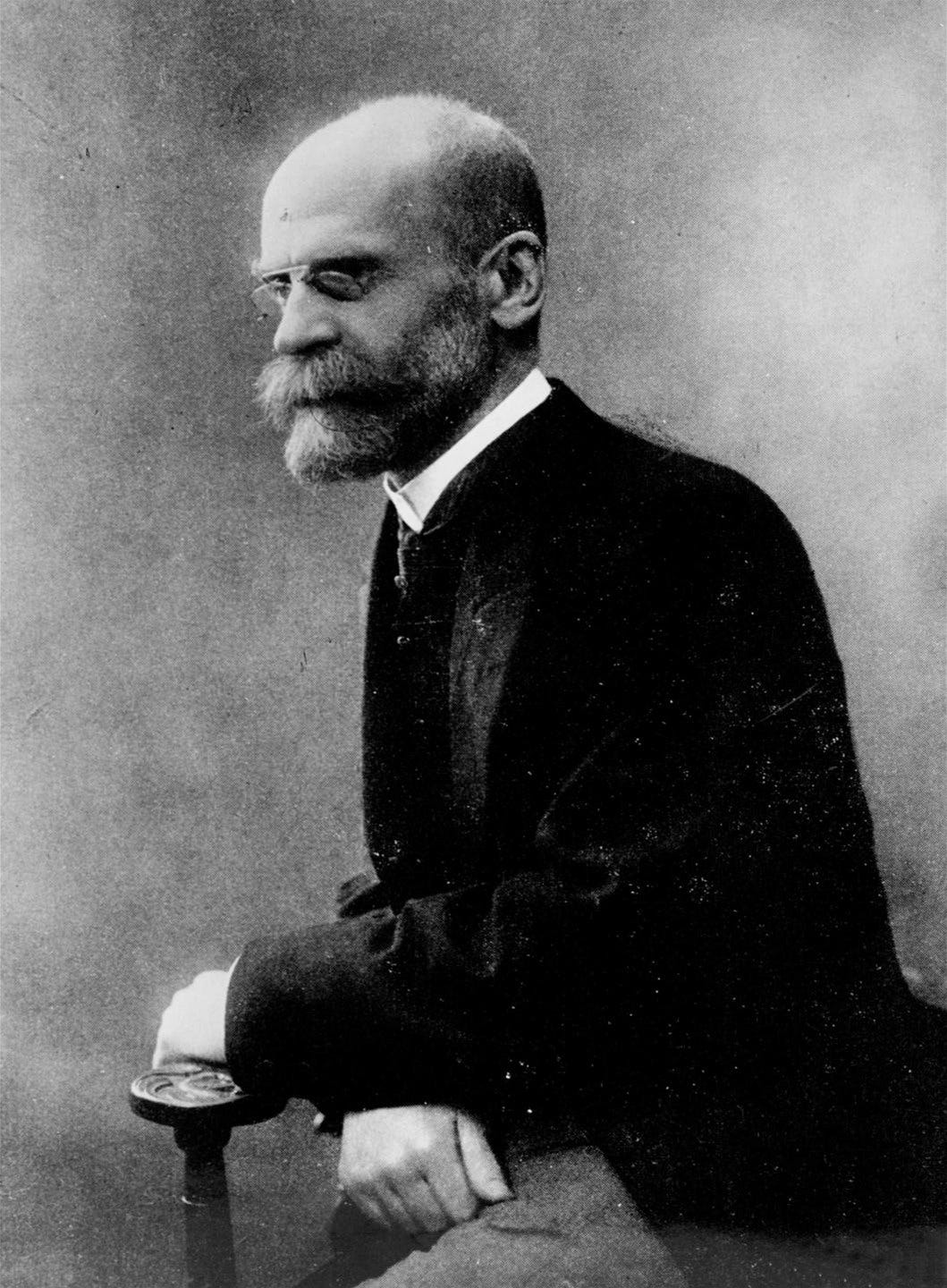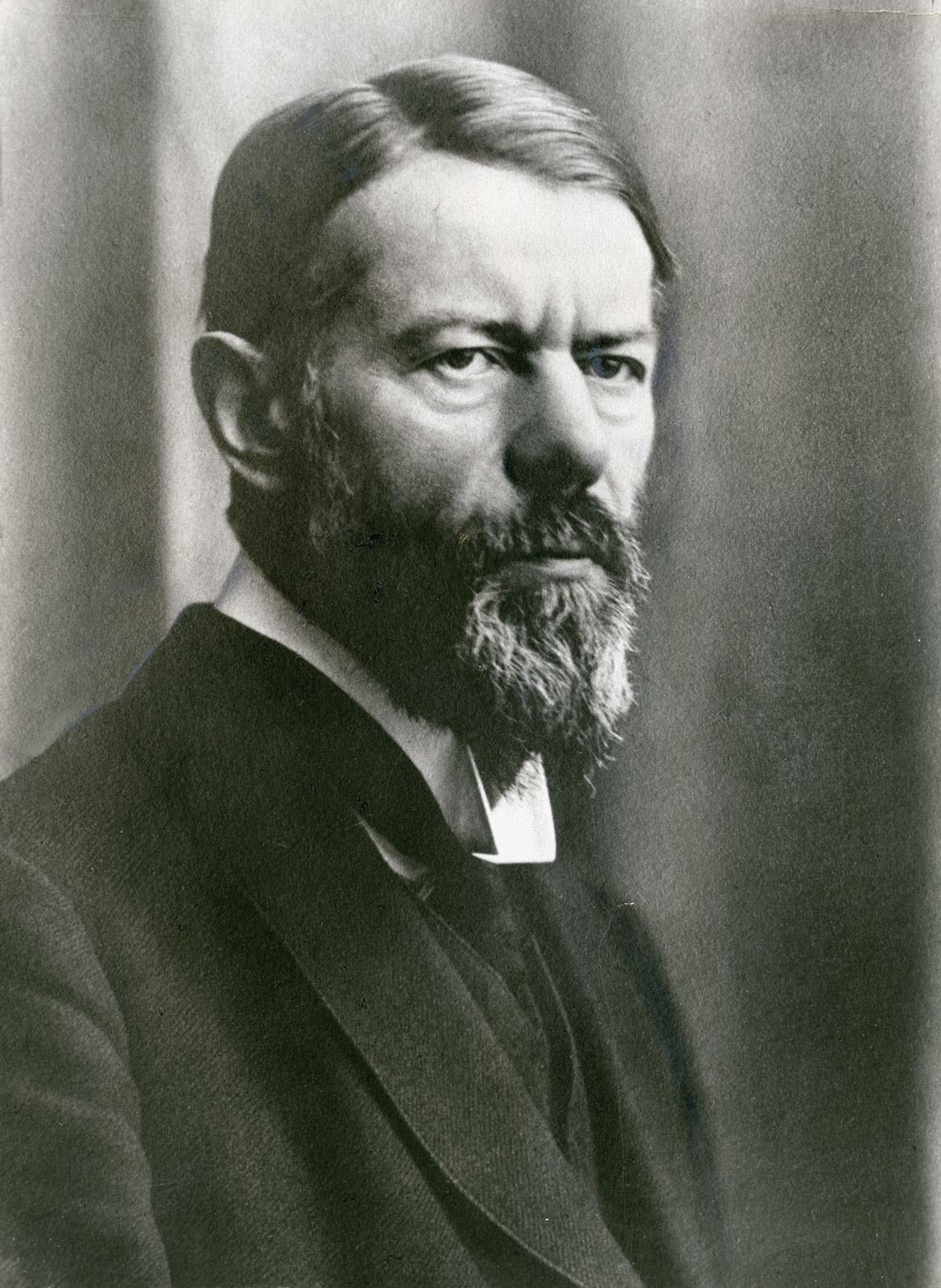
One of the most devastating social ills that plague the United States of America is seldom discussed in the popular press. Politicians do not campaign on a platform of alleviating it. Indeed, even though it affects nearly every citizen, its name is almost never spoken. This great problem of modern society, this invisible monster which stalks the streets of bustling metropolises and the back roads of sleepy hamlets alike, is called alienation.
Alienation is a concept with a long history and multifarious, often wildly disparate meanings. However, alienation in a modern sociological sense was first identified as a major societal problem by early sociological thinkers who lived through the turmoil of the industrial revolution and its ushering in of the modern age, including three of the founding fathers of social science: French sociologist Émile Durkheim (1858-1917); German-born philosopher, economist, and journalist Karl Marx (1818-1883); and German sociologist, legal scholar, and politician Max Weber (1864-1920). All three thinkers identified aspects of modern society which could be considered forms of alienation, although they identified different root causes.

Émile Durkheim believed that people in traditional societies generally have their behavior proscribed by clear cultural patterns. That clarity evaporates when they enter a modern industrial society held together not by a moral code (what Durkheim called mechanical solidarity), but by an interdependence caused by division of labor (organic solidarity) (Macionis, 2019). Modern society, with its clashing belief systems and overall lack of shared communal values and ideas, would provide little moral guidance. Durkheim called this lack of clear behavioral rules anomie, which is often translated as normlessness (Macionis, 2019). Durkheim himself did not use this term, however, describing anomie instead as a malady of infinite aspirations caused by a mismatch between personal and societal standards (Roth, 2020). Anomie would, in turn, open the doors to a wide variety of deviant behaviors (deviant being here defined in terms of what is societally constructed as wrong, rather than any objective moral judgment). Although crime is the most commonly cited (and studied) form of deviance, Durkheim focused his attention on suicide. In his classic sociological study Suicide: A Study in Sociology (1897), Durkheim assembled a typology of various types/causes of suicide, and found that people with low social integration were generally more likely to commit suicide. However, Durkheim was hopeful that modern societies could create new norms and laws which would reduce the level of anomie in society (Macionis, 2019).

Karl Marx, despite being best known for his political philosophy, was chiefly an economic thinker. He saw the sweep of history as being a series of class conflicts, with the ancient and feudal world being overthrown by capitalists, and the then-current struggle being between capitalists (or bourgeoisie) and workers (proletariat) (Marx, 1848). As such, his view of alienation was as a dissatisfaction caused by the lack of control that workers in a capitalist system have over their labor and its products (Macionis, 2019). As Marx was thinking primarily about labor in the context of the factory system, he also believed alienation was aggravated by the repetitive, menial nature of assembly line or otherwise manual jobs (Macionis, 2019). Marx’s proposed solution to alienation was to abolish the capitalist system and allow workers to create what they want or need to, rather than whatever is most profitable for their employer. (Thus the oft repeated slogan that workers should control the means of production).

Max Weber shared Marx’s concern about social conflict, but rather than Marx’s strictly economic approach (materialism), his philosophy of idealism focused on how ideas, beliefs, and values shaped not just traditional societies (as Durkheim believed), but also modern society (Macionis, 2019). Durkheim thought that modern society was defined by a new way of thinking called rationality (Macionis, 2019). He found the origins of rationality in the work ethic developed by Calvinists in western Europe after the Protestant Reformation, who believed in hard work as a form of asceticism (self-denial), and that economic success in this life indicated divine favor and salvation in the next (Weber, 1905). Their pursuit of wealth for religious reasons helped build the foundations of capitalism. Weber saw capitalism and the Industrial Revolution as part of the rationalization of society, which increasingly leads to more of life being controlled by impersonal, rules-based bureaucracies (Macionis, 2019). Weber agreed with Marx that modern society created alienation, but he believed that the root cause was the stifling of creativity and freedom caused by bureaucracy and its vast array of formal rules and procedures. Whereas Marx was optimistic in that he believed capitalism would sow the seeds of its own destruction and eventually be overthrown by workers, Weber was a pessimist (Roth, 2020), because he believed bureaucracy would only expand and threaten to plunge humanity into unending grey drudgery as “only a small cog in a ceaselessly moving mechanism.”
The ideas of all three of these thinkers are, to some extent, still relevant to discussions of alienation in the current moment. Norms and rules in modern societies are constantly evolving, and people often disagree about what is moral; capitalism and bureaucracy are still important forces shaping our lives. In the next part of this series, we shall jump forward to the twentieth century and the first part of the twenty-first, and discuss the role of social capital, technology, and alienation in more recent times.
Works cited
Durkheim, E. (1897). Suicide: A Study in Sociology [Le Suicide: Étude de sociologie] (J. A. Spaulding & G. Simpson, Trans.). Paris, France: Ancienne Librairie Germer-Baillière et Cie. https://www.gacbe.ac.in/images/E%20books/Durkheim%20-%20Suicide%20-%20A%20study%20in%20sociology.pdf
Marx, K., & Engels, F. (1878). Manifesto of the Communist Party [Manifest der Kommunistischen Partei] (S. Moore & F. Engels, Trans.). London, UK: Workers’ Educational Association. https://www.marxists.org/archive/marx/works/1848/communist-manifesto/
Macionis, J. J. (2019). Sociology (17th ed.). Hoboken, NJ: Pearson.
Roth, F. P. (2020). Lecture on Sociological Theory: The Core. Personal Collection of F. P. Roth, Marshall Univeristy, Huntington, WV.
Weber, Max. (1905). The Protestant Ethic and the Spirit of Capitalism [Die protestantische Ethik und der Geist des Kapitalismus] (T. Parsons, Trans.). London, UK: George Allen & Unwin. https://en.wikisource.org/wiki/The_Protestant_Ethic_and_the_Spirit_of_Capitalism
Weber, Max. (1921). Economy and Society: An Outline of Interpretive Sociology [Wirtschaft und Gesellschaft. Grundriß der verstehenden Soziologie] (E. Fischoff, H. Gerth, A. M. Henderson, F. Kolegar, C. W. Mills, T. Parsons, M. Rheinstein, G. Roth, E. Shils & C. Wittich, Trans.). Berkeley and Los Angeles, CA: University of California Press. https://archive.org/details/MaxWeberEconomyAndSociety/mode/2up




